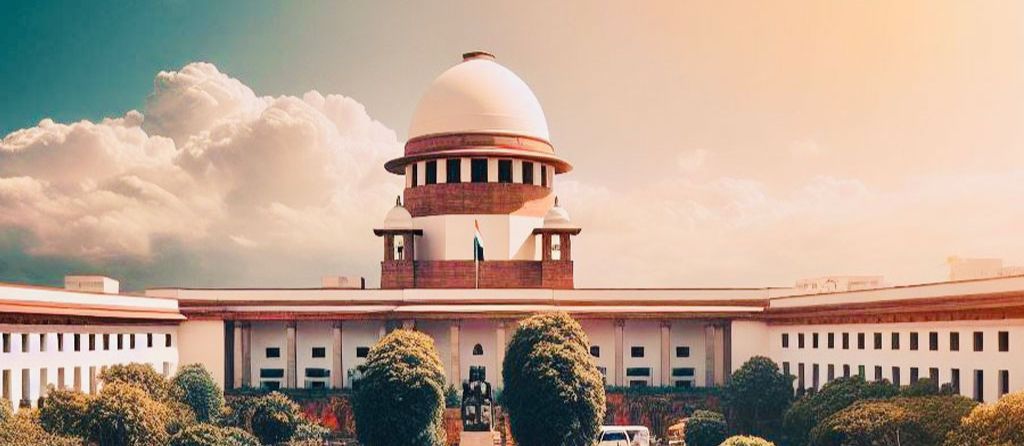
The Supreme Court reversed the 2004 decision in the EV Chinnaiah case, which was rendered by a five-judge panel, in a landmark decision pertaining to reservations. It was declared in the 2004 ruling that Scheduled Tribes (ST) and Scheduled Castes (SC) may not have subcategories. Currently, a majority decision by a seven-judge Supreme Court Constitution Bench has decided that state governments have the authority to divide the SC and ST groups into smaller groups, which may help those with larger reservations.
India’s population is mostly classified into four caste-based groups, as per the Indian Constitution: General, Other Backward Classes (OBC), Scheduled Castes (SC), and Scheduled Tribes (ST). The latest ruling by the Supreme Court has made it feasible to establish different classifications within the SC and ST groups. Consequently, certain subcategories under these groups may be eligible for higher reservation benefits from state governments.
The ruling was handed down by the seven-judge panel with a 6-1 majority. All judges, with the exception of Justice Bela Trivedi, concurred that nothing in Articles 15 and 16 prohibits the state from defining castes differently. The bench declared that the state could not act arbitrarily in this regard and that correct state data should serve as the foundation for subclassification. Even with these reservations, many from lower socioeconomic classes still find it difficult to leave their customary jobs. B.R. Ambedkar’s lecture on the necessity of social democracy was cited by Justice B.R. Gavai. Noting that only a small number of SC/ST groups currently benefit from reservations, Justice Gavai said that it is the state’s responsibility to provide priority to underprivileged communities. He acknowledged the historical reality that some SC/ST subgroups have endured centuries of prejudice. Subclassification is based on the idea that some groups within a larger category face more discrimination than others.
Justice B.R. Gavai proposed in a concurring opinion that states should not include the creamy layer in the SC-ST classifications. He contended that it would be unjust to contrast the offspring of a Scheduled Caste manual scavenger with those of the wealthier (creamy layer) members of the same group. Dr. B.R. Ambedkar was quoted by Justice Gavai when he said, “Economy always prevails when ethics and economics clash.”
Join us on Facebook, Instagram, Twitter and LinkedIn to engage with fellow viewers, share your thoughts. Be part of the conversation and never miss an update on your favorite shows! Get the latest industry news and network with like-minded fans and experts.
